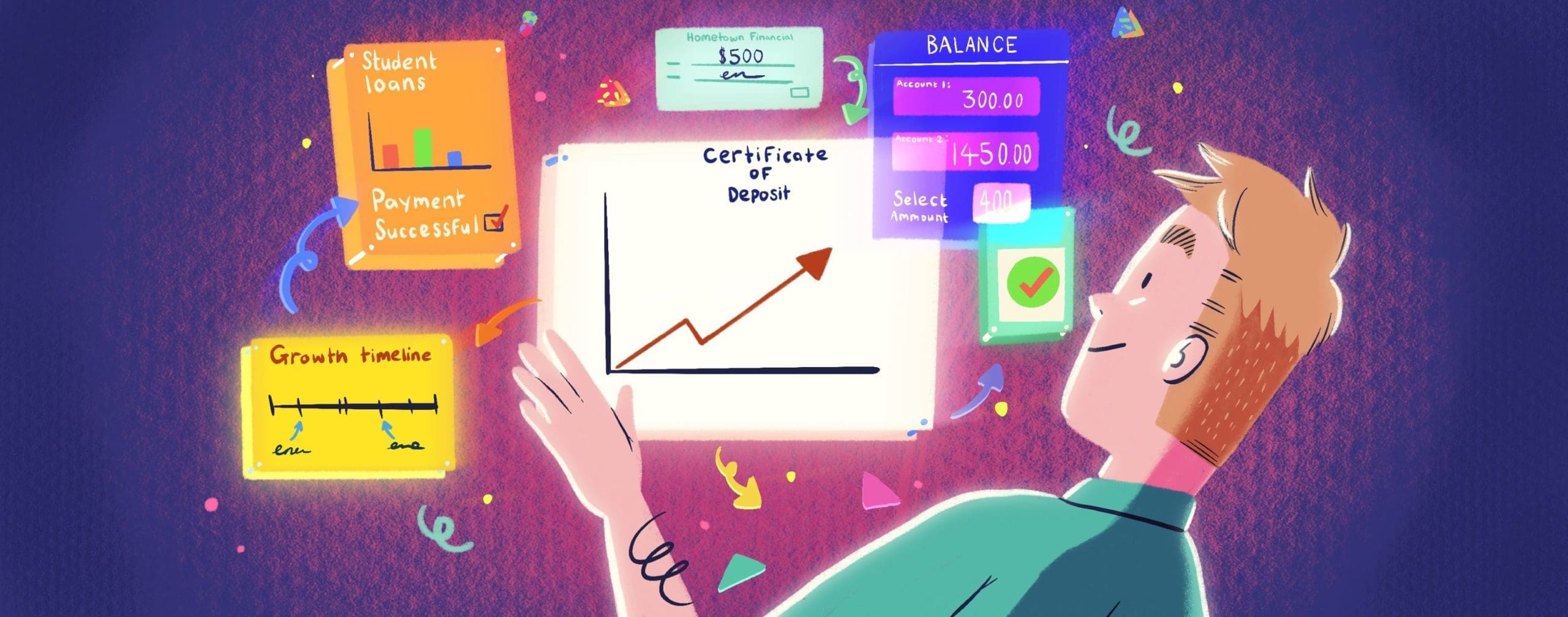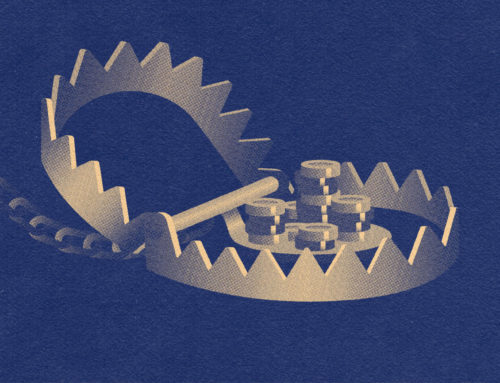CERTIFICATE OF DEPOSIT
A certificate of deposit (CD) allows you to earn high-interest rates by agreeing to leave money in the bank for a specified amount of time.

The length of a CD can vary, but anywhere between six months and five years is common. The minimum deposit is often $500. In investment terms, the money you put in is known as your principal. The length of the CD is its term, and the time it matures, or ends, is its date of maturity.
Choosing CDs
The interest rate and annual percentage yield (described below) determine how much you earn on a CD. Generally, a longer term gets a higher rate. Rates can also vary a lot from year to year. You can get CDs through almost any bank or credit union, including First Southern National Bank.
What Happens at Maturity
When a CD matures, you generally have a time limit to decide what to do with the money. If you wait too long, the bank usually rolls over, or reinvests, your money in another CD for the same term at the current rate.
If you would like to cash the CD, you can ask the bank to sweep or move the money into your accounts, transfer it to another bank, or send you a check.

Be very cautious about buying liquid CDs that claim you can make early withdrawals without fees. There are often restrictions that make these CDs less flexible than they appear.
Compounding is Key
What you actually earn on your CD is the yield— specifically the annual percentage yield (APY). The yield depends on whether the interest is simple or compound, and how often it’s compounded.
Simple interest is paid only on the principal you initially invested. Compound interest adds in the money that has been earned. To compare the two, try entering different amounts into the tool below.

